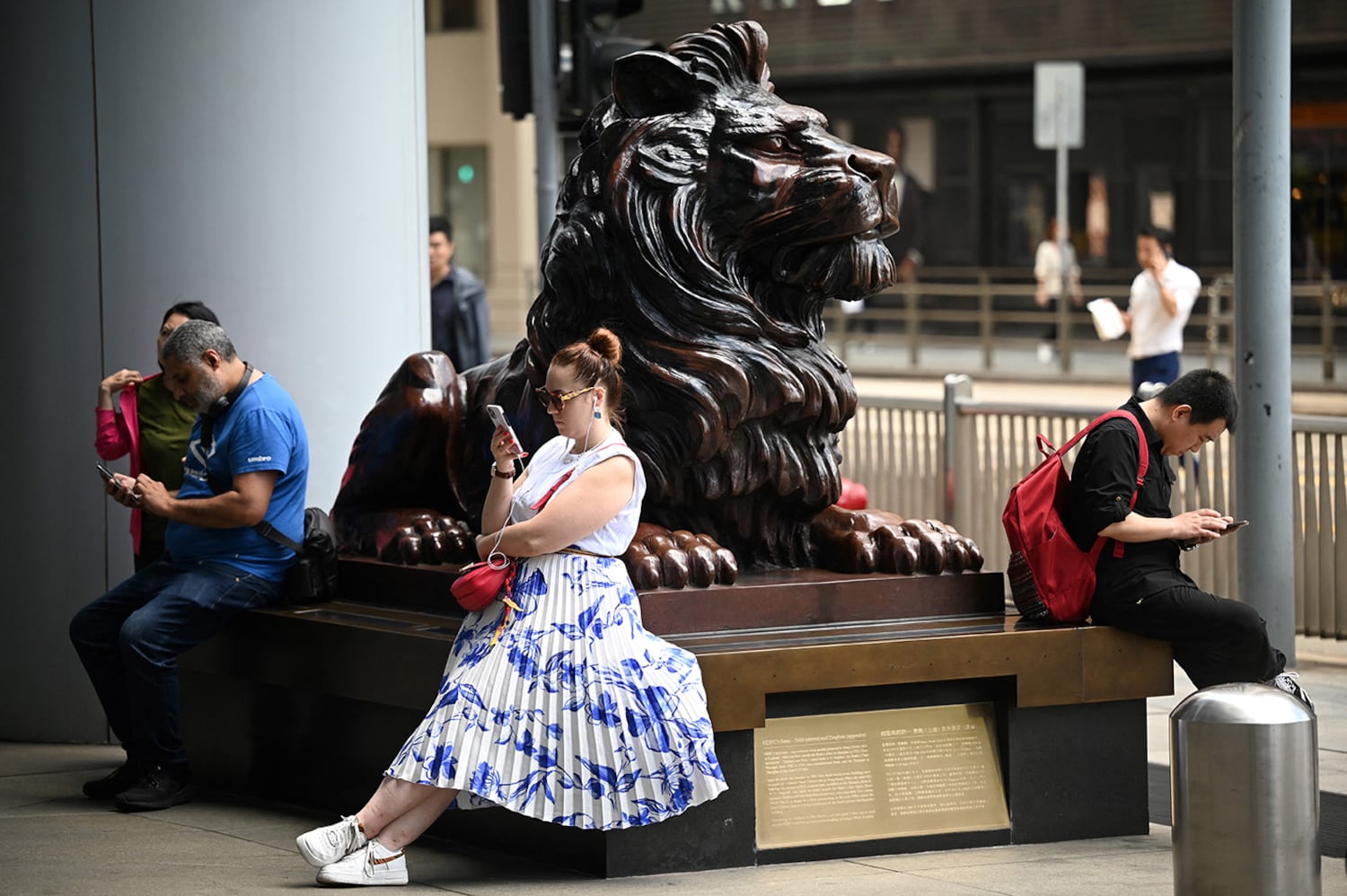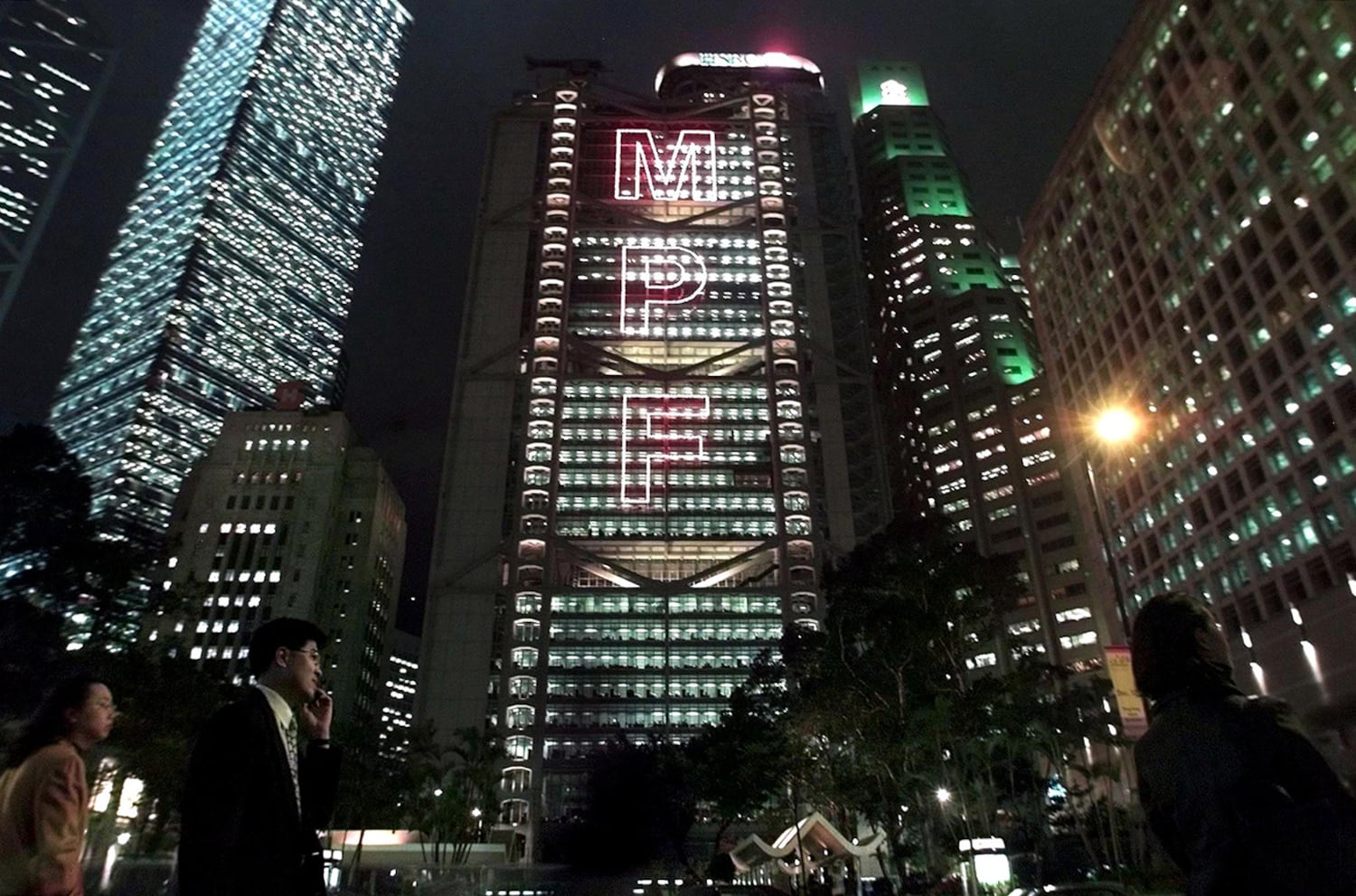HSBC’s recently-announced plan to split into four businesses from Jan. 1 offers the British multinational bank a chance to correct a wrong against tens of thousands of Hong Kongers in the UK and Canada who have been denied access to their retirement savings.
The reorganization will create four HBC businesses: Hong Kong, UK, Corporate and Institutional Banking, and International Wealth and Premier Banking.
In the announcement, HSBC wrote that the restructuring “will reduce the duplication of processes and decision making that are built into the current structure and will result in greater alignment and agility in serving our customers.”
HSBC did not mention increasing difficulty dealing with the human rights environment in places like Hong Kong as reason for the shake up.
Outside observers, however, noted that the shake-up comes as the bank with a deep history in Asia was struggling to navigate rising geopolitical tensions between China and the west.

The Guardian reported that the overhaul of the company “reflects historical complications in its global banking model. The bank makes most of its profits in Asia, but it remains headquartered in London, giving western leaders an opportunity to exert pressure over its relationship with the ruling Communist party in China.”
The New York Times also emphasised how the “changes come as Europe’s largest lender looks to cut costs and navigate a diplomatic minefield between China and the West.”
Diaspora retirement savings
People working on human rights in Hong Kong and among the diaspora that has fled the city’s tough new security regime in the last half decade are seizing on the restructuring to press HSBC to address the problem of more than 120,000 recent Hong Kong exiles who have been cut off from their retirement savings since 2021.
Hong Kong Watch has found that Hong Kongers were being denied access to over £3 billion (US$3.8 billion) of money they paid into the city’s retirement scheme, known as the Mandatory Provident Fund.
The MPF is a compulsory retirement savings scheme for the people of Hong Kong. Ordinarily, once a Hong Konger proves that they have permanently departed from Hong Kong, they are entitled to the early withdrawal of the full amount of their MPF savings.

However, after the Chinese Ministry of Foreign Affairs declared that it would no longer recognise British National (Overseas) (BNO) passports used by tens of thousands of Hong Kongers who moved to the UK and Canada.
The move, in retaliation to the UK government launching the BNO visa scheme in January 2021, has caused approximately 126,500 Hong Kongers around the world to be blocked from accessing an estimated £3.26 billion (US$4.1 billion) of their MPF savings.
The declaration by the Chinese and Hong Kong authorities was conducted by fiat, with no laws or regulations in Hong Kong changed in regards to the operation of the MPF.
HSBC continues to be one of 12 MPF trustees complicit in preventing the release of BNO Hong Kongers’ hard-earned savings.
RELATED STORIES
Hong Kong exiles in UK and Canada lack access to billions of their savings
Calls grow for UK to expand lifeboat scheme for Hong Kongers
China Derecognizes BNO Passports as UK Launches Hong Kong Visa Scheme
As the largest trustee of the MPF, HSBC oversees five MPF schemes and manages approximately 30 percent of the total MPF market, with assets totalling HK$371 billion (£37 billion).
From this, Hong Kong Watch has estimated that HSBC is denying Hong Kongers access to as much as £978 million worth of assets in MPF holdings.
‘Financial transnational repression’
This week 13 Parliamentarians from every major political party in the UK wrote new HSBC Group Chief Executive Georges Elhedery urging him to resolve the frozen funds issue.
“As Members of Parliament, we welcome information on how the restructuring of HSBC, specifically the creation of separate ‘Hong Kong’ and ‘UK’ businesses, will impact the more than 180,000 BNO Hong Kongers living across the UK who attempt to withdraw their MPF savings,” said the letter.
Chris Patten, the last British governor of Hong Kong and a signatory to the letter, called on HSBC to make “meaningful changes” for the affected Hong Kongers during the restructuring.
“If HSBC has not yet taken into account how its reorganisation, specifically in regard to the split between the Hong Kong and UK markets, will affect Hong Kongers abroad, it should carefully consider how to protect its Hong Kong customers from further financial transnational repression,” wrote Patten, a patron of Hong Kong Watch.
It has been nearly four years since the UK government launched the BNO scheme, which is far too long for Hong Kongers to be blocked from the very savings that, for some, would unleash the path to their new life in Britain.

I continue to hear accounts of struggle as Hong Kongers long to adjust to their new lives in the UK, including a single mom who is again worried about not being able to afford heating this winter, as well as one family which cannot afford accessibility features in their home for their child with disabilities.
HSBC must seriously consider how it will handle Hong Kongers’ MPF savings as they rearrange the foundations of the company to split the Hong Kong and UK markets, as it is time for their funds to be rightfully released.
In addition, the new UK government should seek to further understand the issue, raise the freezing of BNO Hong Kongers’ savings in every bilateral meeting with China and Hong Kong, and take immediate action to issue guidance to MPF trustees regarding the use of BNO passports as valid, UK government-issued identity documents.
This would ensure that Hong Kongers who are part of the UK’s BNO community do not have to face another cold winter nor a sleepless night trying to figure out how they will provide for their family while still in the shadow of trauma from escaping political repression in Hong Kong.
Megan Khoo is policy director at the international NGO Hong Kong Watch. Khoo, based in London, has served in communications roles at foreign policy non-profit organizations in London and Washington, D.C.. The views expressed here do not reflect the position of Radio Free Asia.
This content originally appeared on Radio Free Asia and was authored by Megan Khoo.
This post was originally published on Radio Free.